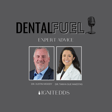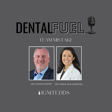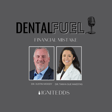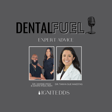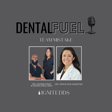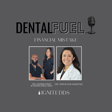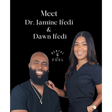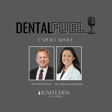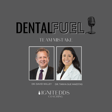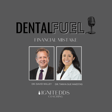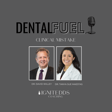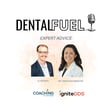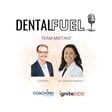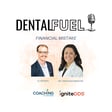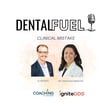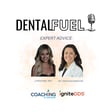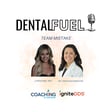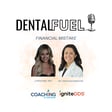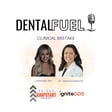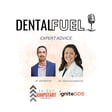
Dr. Justin Moody: Clinical Mistake
Implants aren’t the future—they’re the NOW.
This week on DentalFuel, Dr. Justin Moody joins Tanya Sue Maestas to talk all things implant dentistry, education, and accessibility. From his small-town Nebraska roots to founding Implant Pathway, Dr. Moody has trained countless dentists to bring life-changing implant solutions to their patients.
Episode Summary:
In this insightful episode of Dental Fuel, host Tanya Sue Maestas welcomes Dr. Justin Moody, a dynamic figure in the field of implant dentistry. Justin shares his journey from his roots in rural Nebraska to becoming an implant dentistry expert with a significant impact on dental education and practice. He discusses his transition through various phases of his career, including his influential move to Arizona, where he has continued to expand his passion for teaching and serving communities through the Implant Pathway initiative.
Dr. Moody delves into the challenges and opportunities within implant dentistry, emphasizing the importance of education and community service. He reflects on his experiences and the evolution of his practice, offering valuable insights into patient financing and the necessity of customized treatments. The conversation underscores the disruptive potential of implant technology in modern dentistry and highlights the critical role of mentorship and ongoing education.
Key Takeaways:
- Journey and Passion: Justin Moody's trajectory from a ranching background to implant dentistry showcases the power of mentorship and passion-driven career shifts.
- Implant Pathway Initiative: Establishment of Implant Pathway in Arizona illustrates Justin's dedication to education and service, emphasizing real-world training and community care.
- Patient Financing and Accessibility: Financial barriers in implant dentistry can be mitigated through innovative models like nonprofit clinics, offering significant community impact.
- Challenges in Implant Dentistry: Complexity in treating different dental conditions, especially among younger patients, requires tailored approaches and long-term planning.
- Educational Impact: Training in implant dentistry is highlighted as pivotal, not only for practitioner growth but also for enhancing patient outcomes and accessibility worldwide.
Connect with Dr. Justin Moody: @drjustinmoody
Find out more about Implant Pathway: @implantpathway
Connect with Ignitedds and Dr. David Rice: @ignitedds Free Intro Call
Connect with Tanya Sue Maestas: @tsmaestas.dds
Learn more about Ignite Coaching : https://ignitedds.com
